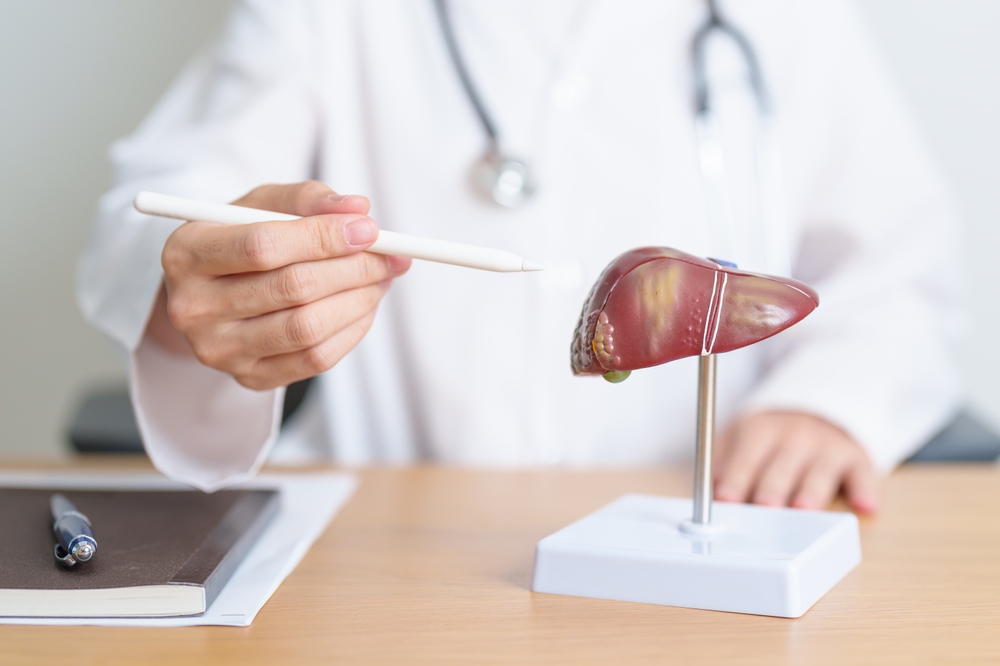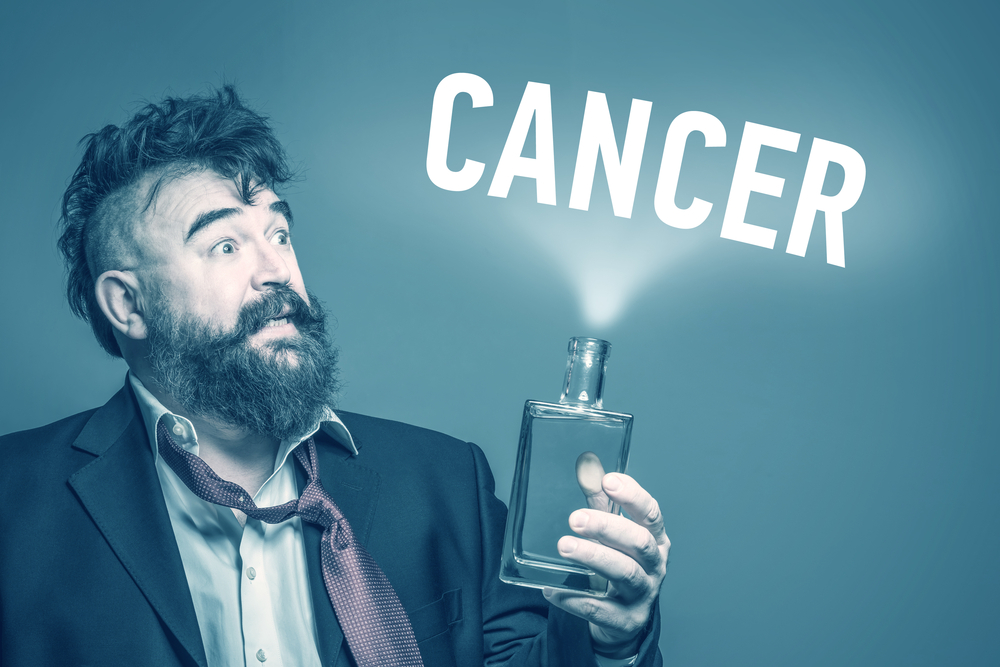Everyone knows that excessive alcohol consumption can have negative effects on our health and well-being. But did you know that there are also numerous unexpected benefits of not drinking alcohol? Whether it’s a temporary break or a permanent choice, here are some surprising advantages of giving up alcohol.
The Unexpected Benefits of Not Drinking Alcohol

As already mentioned, there are countless reasons why people give up drinking alcohol. If you’re thinking of doing the same, the following benefits of not drinking will help you make an informed decision.
Read More: What is High-Functioning Alcoholism?
1. Reduces stress on the liver

The liver metabolizes alcohol, and excessive drinking can overload this vital organ. By abstaining from alcohol, you can give your liver a much-needed break and improve its functioning. This leads to better overall health and reduces the risk of liver diseases. (1, 2)
2. Increases your sense of well-being

Alcohol is a depressant that can affect our mood and mental well-being. Without alcohol, you may find that your overall sense of happiness and contentment increases. Clearing your mind and body of alcohol can lead to improved mental clarity and emotional stability.
3. Helps your sex life

Alcohol can impair sexual performance and diminish libido. By not drinking, you may find that your sexual experiences become more enjoyable and satisfying. Increased energy levels and improved circulation are additional benefits that can enhance your sex life. (3)
4. May reduce overall alcohol consumption

Taking a period of sobriety can often lead to a reassessment of our drinking habits. By giving up alcohol temporarily, you may discover that you don’t need or want to drink as much as you once did. It can help you develop healthier and more moderate consumption patterns in the long run.
5. Improves insulin resistance

Excessive alcohol consumption can lead to insulin resistance, which is a precursor to diabetes. By cutting out alcohol, you can improve your body’s sensitivity to insulin, reducing the risk of developing diabetes and related health issues.
6. Affects your cancer risk

Alcohol consumption has been linked to an increased risk of various types of cancer, including liver, breast, and digestive tract cancers. Eliminating alcohol from your life can significantly reduce your risk of developing these types of cancer, leading to improved long-term health outcomes. (4)
7. Helps you ditch other bad habits

Often, excessive alcohol consumption goes hand in hand with other bad habits such as smoking or unhealthy eating. By quitting alcohol, you may find it easier to break these other unhealthy habits as well, leading to an overall improvement in your lifestyle. After all, it’s much easier to get up for that 6 am spin class after a good night’s sleep and with no hangover than after a night affected by alcohol intake.
8. Improves self-esteem

Alcohol can sometimes contribute to low self-esteem and negative self-perception. By abstaining from alcohol, you can boost your self-confidence and improve your self-image. This newfound self-esteem can positively impact various areas of your life. You will also benefit from the sense of self-accomplishment when you quit alcohol. On top of that, it will help you realize that you don’t actually need to use alcohol as a crutch in social situations. (5)
Read More: Alcohol-Based Mouthwash May Disrupt Oral Microbiome and Increase Risk for Certain Cancers
9. Helps you save money

Drinking alcohol can be expensive, whether it’s buying drinks at bars or purchasing bottles of alcohol. By giving up alcohol, you can save a significant amount of money over time, which can be allocated towards other priorities or experiences. For the average household, this is about $11 per week, which equates to $565 per year. Keep in mind, that this is just the average. Many people spend far more than that, especially if the majority of their drinking happens out at bars and restaurants. Take the food you’re likely buying on top of that into account, and that number could be three times higher or more. (6)
10. Helps you meet like-minded people

Not everyone enjoys alcohol-centric activities. By embracing a lifestyle without alcohol, you open yourself up to meeting people who share similar hobbies or interests that don’t revolve around drinking. This can lead to forming meaningful connections with individuals who align with your values. It also means creating a social network where there is no pressure to drink, making it easier to stick to your goals.
11. Improves personal relationships

Excessive alcohol consumption can strain personal relationships, leading to conflicts and misunderstandings. By eliminating alcohol from your life, you may experience improved communication, trust, and emotional connections with your loved ones. This can lead to stronger and more fulfilling relationships.
12. Reduced Inflammation and Weight loss

Alcohol consumption has been linked to inflammation, which is a sign of poor health. Drinking can also lead to weight gain, which is a risk factor for several diseases including heart disease and type 2 diabetes. By avoiding alcohol, you may be able to reduce your risk of inflammation as well as lose weight (or maintain your current weight). Cutting back on drinking, or cutting it out altogether, will improve your body composition, your skin, hair, and really nearly every aspect of both your health and physical appearance.
The Bottom Line

The benefits of not drinking alcohol go beyond the obvious health advantages. From improved liver function to enhanced personal relationships, reducing or eliminating alcohol can have a profound positive impact on various aspects of your life. So why not try a period of sobriety or consider a permanent change? You may be surprised by the unexpected benefits that come along with it.
Read More: 9 Warning Signs You Are Dependent on Alcohol
Sources
- “The Role of Oxidative Stress and Antioxidants in Liver Diseases.” Pubmed. Sha Li, et al. November 2015.
- “Biochemical Effects on the Liver of 1 Month of Alcohol Abstinence in Moderate Alcohol Consumers.” Pubmed. I D Munsterman, et al. July 2018.
- “A comparison of self-reported sexual effects of alcohol, marijuana, and ecstasy in a sample of young adult nightlife attendees.” Pubmed. Joseph J Palamar , et al. January 2018.
- “Short-term abstinence from alcohol and changes in cardiovascular risk factors, liver function tests and cancer-related growth factors: a prospective observational study.” Pubmed. Gautam Mehta , et al. May 2018.
- “Change in moderate alcohol consumption and quality of life: evidence from 2 population-based cohorts.” Pubmed. Xiaoxin I Yao, et al. July 2019.
- “Six Unexpected Benefits of Quitting Alcohol for Good.” Horizon. March 22, 2020.

